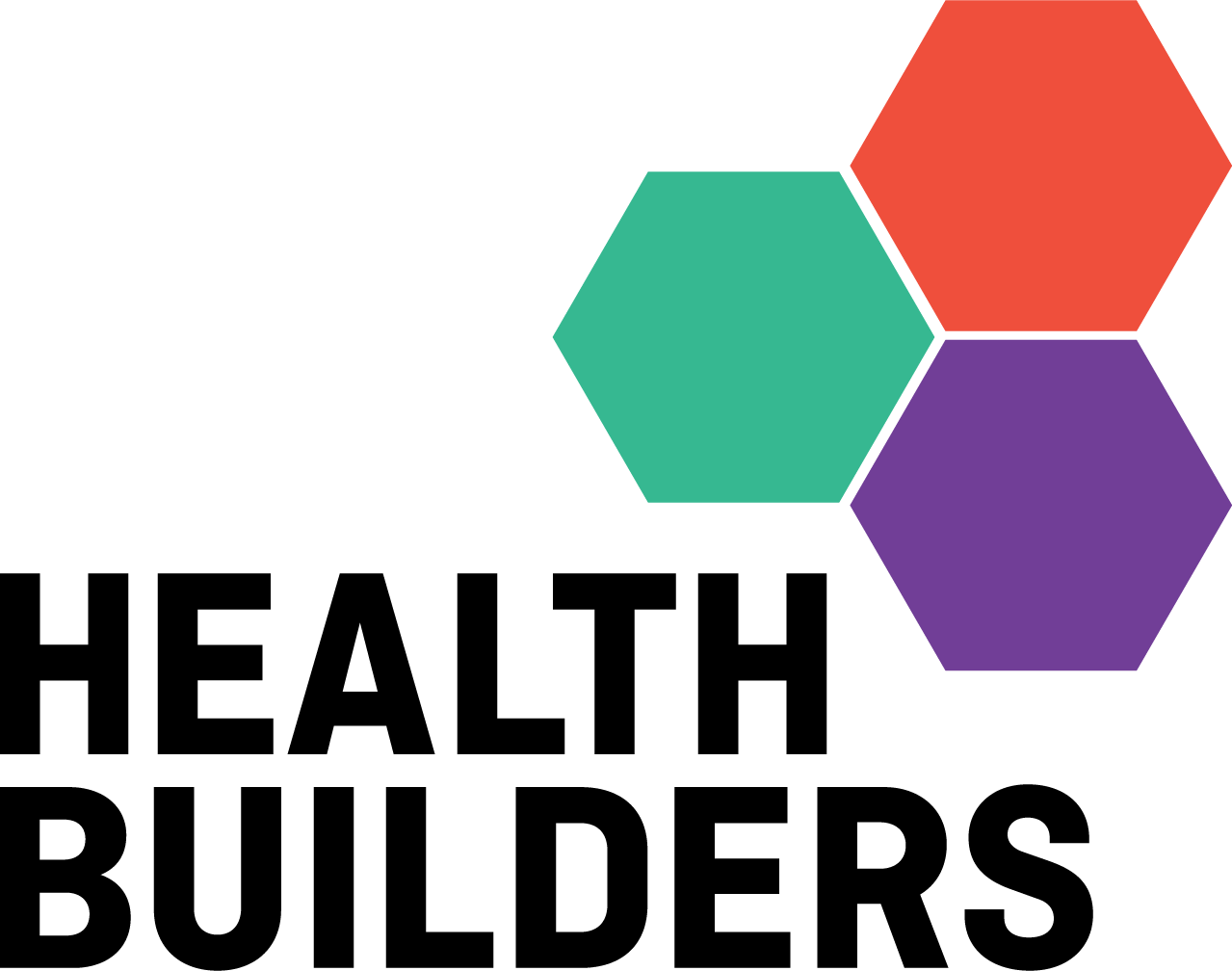Training Community Health Works in Rural Rwanda
Community Health Workers (CHWs) are a critical part of Rwanda's approach to health care delivery. Being closer to the community, CHWs perform an essential role in reducing maternal and child mortality in rural Rwanda.
CHWs are also improving the health status of all community members. The Ministry of Health (MOH) recently redesigned an integrated training approach into one single package. Instead of a CHW being responsible for only one area such as maternal health, CHWs will now be equipped with knowledge and skills to provide all community health services to all age groups.
With this new approach, Health Builders is focusing efforts to expand the capacity of CHWs as they move into these broader and exciting roles. This is to ensure they provide quality care, especially to the children under 5 years old and their mothers. Highly preventable and curable conditions such as diarrhea, malaria, respiratory tract infections and malnutrition are still posing a significant risk to children. At the community level, inadequate knowledge, and skills among CHWs hinders them from correctly diagnosing and managing the cases.
Health Builders continues to ensure that primary healthcare is accessible for the rural communities in most need.
In July of this year, Health Builders, with the support of Pfizer Foundation and in collaboration with Rwanda Biomedical Center and Rwamagana District, conducted a training of 1,870 CHWs about integrated community case management (ICCM). The ultimate goal was to improve the quality of care for the children under 5 years old. These CHWs were trained on screening, diagnosis and management for the above high-risk conditions. Recognizing danger signs, timely referral and correct treatment were among the main outcomes of the training.

